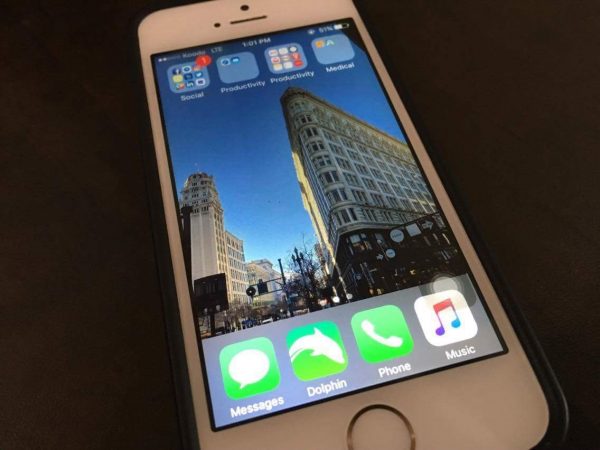
Communication Techniques: Contacting Tenants
Communication is the key to any business. Especially with clients and tenants. Having proper communication can avoid damage, losing your tenants and of course, losing income.
There are many methods of communication these days. It’s common for people to favour communication through technology. Face-to-face communication seems to be lost behind text messaging, calling and emails.
Let’s talk face-to-face
Meeting your client or tenant in person is the best way to communicate. Sitting down with people and talking can help avoid miscommunication and allows for people to understand their emotions.
Asking and meeting a tenant face-to-face can result in a tenant being assured you understand the urgency of their complaint or matter. It can help you show solutions faster and more calmly. It allows your tenant to see that you are serious and professional about all matters concerning their home.
Call me, maybe?
Many landlords will have a number to reach their tenants on. Landlines are less common, but reaching a tenant on the phone can be quick and helpful.
That role should go both ways. Your tenant should be able to get you on the phone in case of an emergency, at all times.
Phone communication is helpful when the tenant calls for a maintenance request. The landlord can quickly send a crew to fix the issue. Notifying the tenant by phone is painless.
However, if the issues became major, telephone conversations are harder to track and can be problematic in the event of a lawsuit. Take note of all your important phones calls with tenants. Keeping detailed phone records can be helpful.
Email get lost, huh?
There is always the faithful email communication. Emails are great, they’re literally instant mail. You can quickly send an email and get a reply.
But what happens if you don’t? Emails are tricky. They could get lost in the spam folder. Emails also leave people the option to ‘mark as read’ — meaning they didn’t really read the email.
Tenants may not regularly check their emails. If it’s a time-sensitive manner, this could be problematic.
Not all tenants are tech-savvy and may not want or have email communication. Check before assuming that they do.
However, emails can be helpful in any sort of legal dispute. You can have records of conversations and transactions through emails.
Text-what? Texting
With the rise of smartphones, texting is ideal communication for tenants. Well, so long as they agree to you sending them text messages. Draw up a written agreement for this correspondence. It can save time later.
Texting is quick and effective. These messages would rarely get lost or ‘unread.’ They will also lead to quicker replies from tenants who are tech savvy. These also good for record keeping.
Just plain mail
That’s right, you can also send mail. Hand-written or typed mail. Go to the post office and get a stamp kind of mail.
While this will be super helpful for you records, mail can take up to a week to get to its destination. This can be problematic with urgent mail.
Written mail can be nice for greetings and other important documents you may need to be signed or approved.
Always place a return address on your mail. This way if it gets lost — you can be assured you can re-mail the letter.
Lastly, don’t be afraid to contact your tenants. Keeping the lines of communication open is important to any business. It’s valuable to stay vigilant with your tenant relationships.




